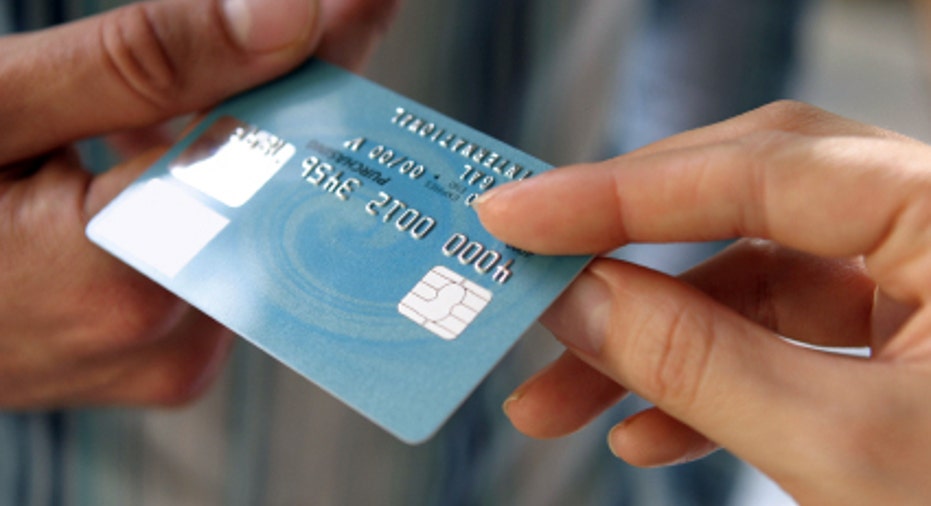Will Retailers Start Charging for the Privilege of Paying With Plastic?

Your morning latte may be getting more expensive. No, the coffee shop isn't raising their prices, but they may start charging you an extra fee if you plan on paying with your credit card.
It's just the latest tactic allowed by retailers who don't appreciate $1 purchases paid for with Visa and MasterCard. Back in 2010, Congress gave businesses its blessing to impose $10 minimums for credit card transactions. Now, a class action lawsuit is going a step further and saying merchants can pass along 'swipe fees' to their customers.
Everything you need to know about checkout fees
Swipe fees are the cost charged to retailers by credit card companies. Depending on the transaction, card issuing banks have been able to assess a 1.5-3% fee to merchants in exchange for processing a credit payment.
Previously, retailers had to eat this cost. However, 19 businesses, including big names such as Kroger and Target, brought a class-action lawsuit in 2005 against credit card companies and issuing banks to force a change to swipe fee policies. Earlier in 2012, the courts came to a settlement that allows merchants to pass along swipe fees to their customers in the form of checkout fees.
Here's the skinny on the checkout fees that may debut this month:
- Checkout fees can only apply to transactions made with credit cards and not debit cards.
- Retailers charging checkout fees must clearly disclose them at the store entrance, at the point of sale and on receipts. Online merchants must also clearly disclose the fees on their website.
- The fee cannot be more than the actual cost incurred by a retailer to accept a credit card payment, typically between 1.5 and 3% of the purchase price.
Fortunately, if you are lucky enough to live in one of these states, you don't have to worry about checkout fees: California, Colorado, Connecticut, Florida, Kansas, Maine, Massachusetts, New York, Oklahoma and Texas.
What makes residents of these states special? Well, each state has a law on the books prohibiting retailers from charging checkout fees, and those laws apparently supersede the new court settlement.
Reach for the cash or stick with the credit card?
For the rest of us who live elsewhere in the country, we'll need to decide if the convenience of credit cards will trump the cost of checkout fees.
Not all retailers will charge the fees which may make them easy to avoid. In addition, perks from a good cash back rewards card could potentially offset the price of a checkout fee. And if you're short on cash, even at 3%, the checkout fee for a $3 latte would only be nine cents.
Of course, it's not just consumers grappling with how to proceed with the fees. News reports indicate checkout fees won't likely be lurking around every corner as retailers weigh whether the money they recoup is worth potentially driving customers to their competitors. After all, customers have plenty of choices when it comes to spending their money. And for every McDonalds, there is usually a Burger King located just down the road.
While checkout fees seem like one more way consumers are being nickel and dimed by businesses and banks, don't assume you are helpless. Remember you can always try to negotiate down the fee, which may be more effective for large purchases. And if that fails, let your feet do the talking as you take your credit card - and business - to another store.
The original article can be found at CardRatings.com:Will retailers start charging for the privilege of paying with plastic?



















